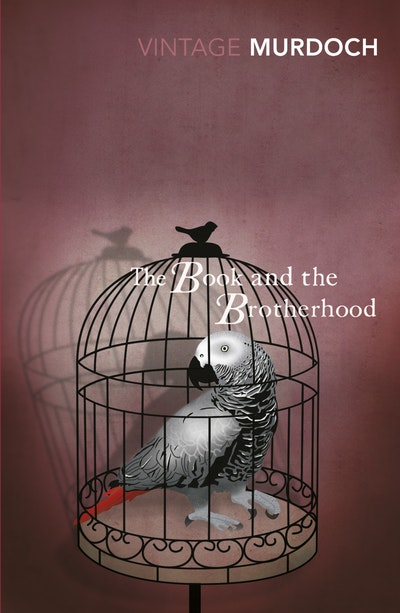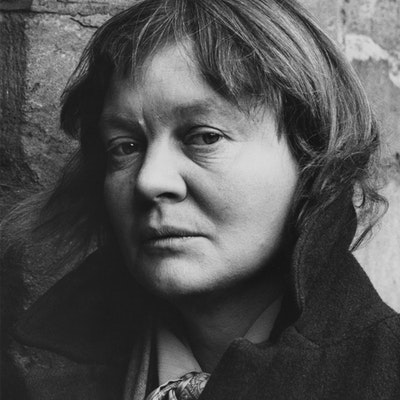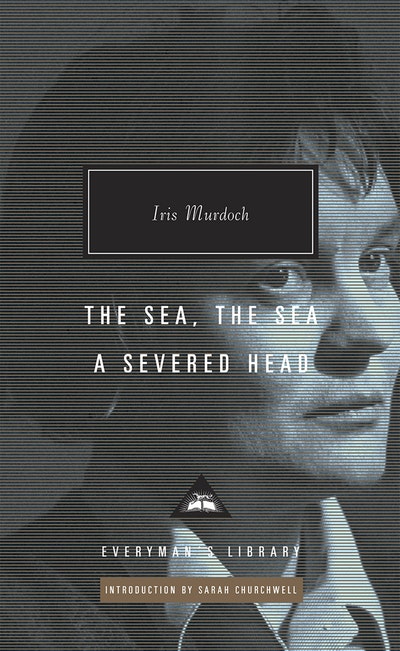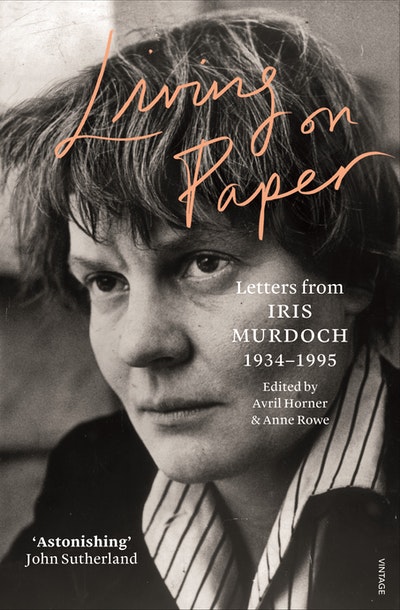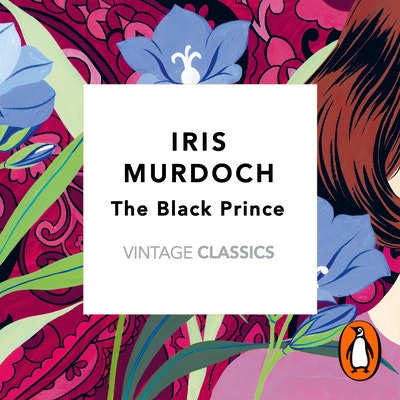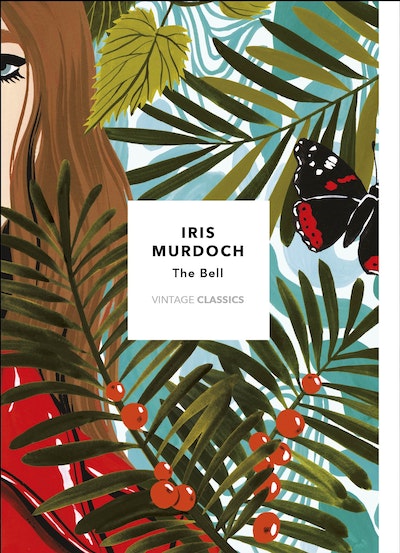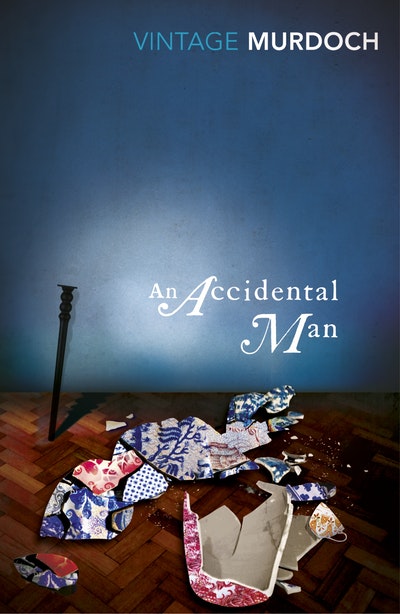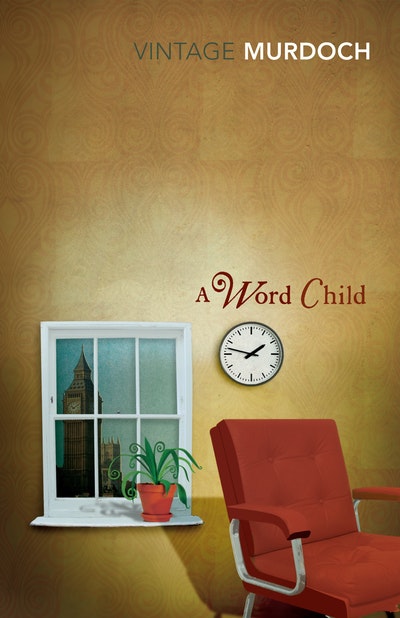[]
The Book And The Brotherhood
Formats & editions
Buy from…
- Published: 1 December 2010
- ISBN: 9781407019314
- Imprint: Vintage Digital
- Format: EBook
- Pages: 624
Iris Murdoch is incapable of writing without fascinating and beautiful colour
The Times
Iris Murdoch is incapable of writing without fascinating and beautiful colour
The Times
Iris Murdoch was one of the best and most influential writers of the twentieth century
Peter Conradi,, Guardian
Iris Murdoch was one of the best and most influential writers of the twentieth century
Peter Conradi,, Guardian
